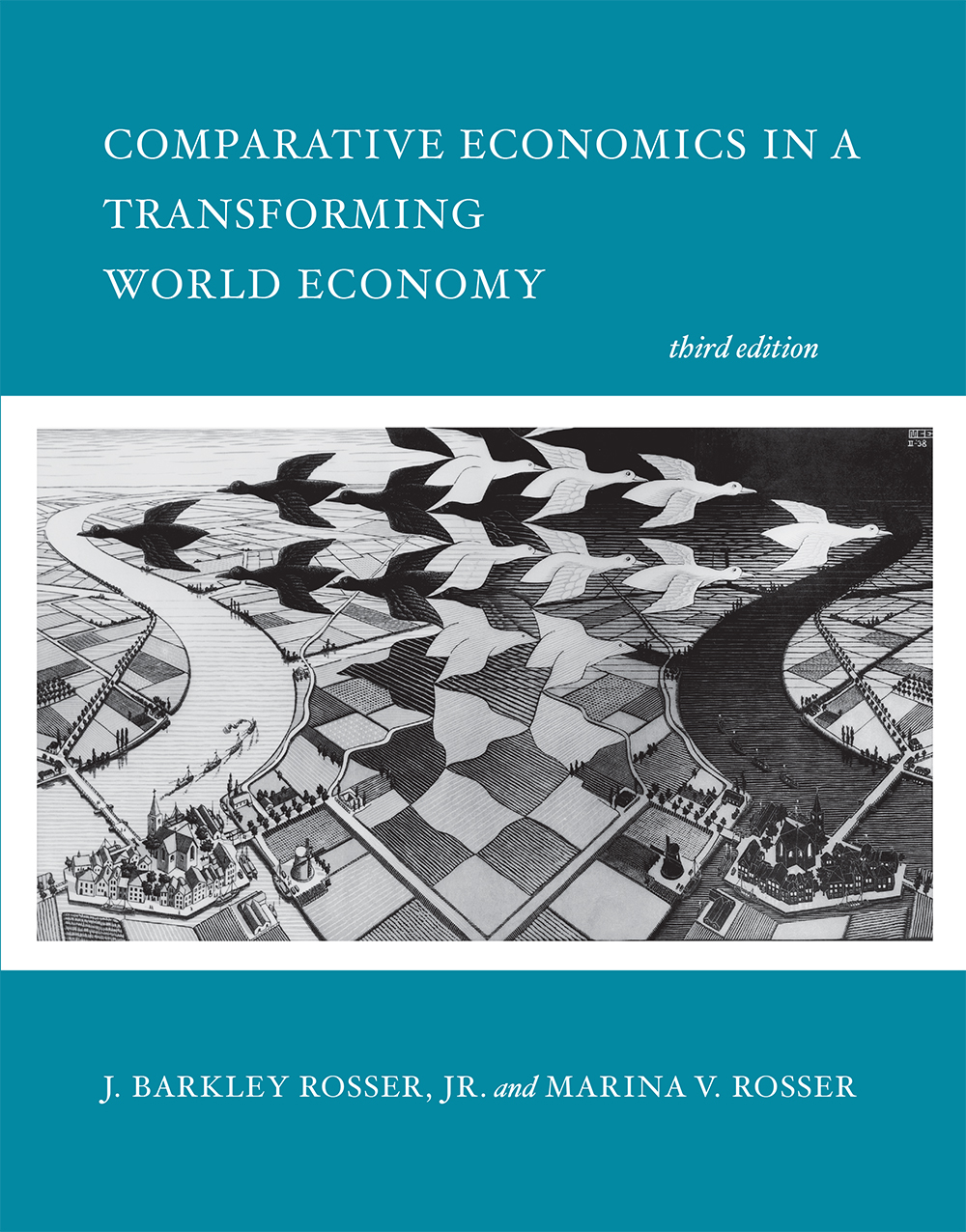Comparative economics in a transforming world economy
- ISBN: 9780262681537
- Editorial: MIT Press Ltd.
- Fecha de la edición: 2004
- Lugar de la edición: Cambridge (MSS). Estados Unidos de Norteamérica
- Edición número: 2nd ed.
- Encuadernación: Rústica
- Medidas: 25 cm
- Nº Pág.: 646
- Idiomas: Inglés

This second edition of an innovative undergraduate text offers an approach tounderstanding different economic systems that reflects both recent transformations in the worldeconomy and recent changes in the field of Comparative Economic Systems. The traditional way ofteaching comparative economics, with its reliance on relatively simple dichotomies (private vs.state, planning vs. market) does not take into consideration the many variants and mixtures ofeconomic systems that exist in the real world. The Rossers' introduction in the first edition of theconcept of the "new traditional economy" -- the effort by a developing country to embed a moderneconomic system into a traditional culture, usually religious -- presented a new way to look atdeveloping economies. Their innovative examination of Iran and its effort to develop a"revolutionary Islamic economy" as an alternative to market capitalism illustrates the use of thisnew tool in comparative economics.After a four-chapter theoretical and historical overview, the bookfocuses on fifteen country studies, organized by economic system. The chapters on advanced marketcapitalism examine the economies of the United States (a chapter new to this edition) Japan, France,Sweden, and Germany. The chapters examining transition in former socialist economies discuss Russia,the former Soviet Republics, Poland, Hungary, Yugoslavia (including expanded treatment of the mostsuccessful transition economy, that of Slovenia), and China. The chapters in the final section ofthe book discuss "alternative paths" taken by the developing economies of Iran, India (its complexmix of socialism, capitalism, and tradition is examined in a chapter new to this edition), Mexico,and South and North Korea. The book concludes with a look at future trends that will continue totransform the world economy.








